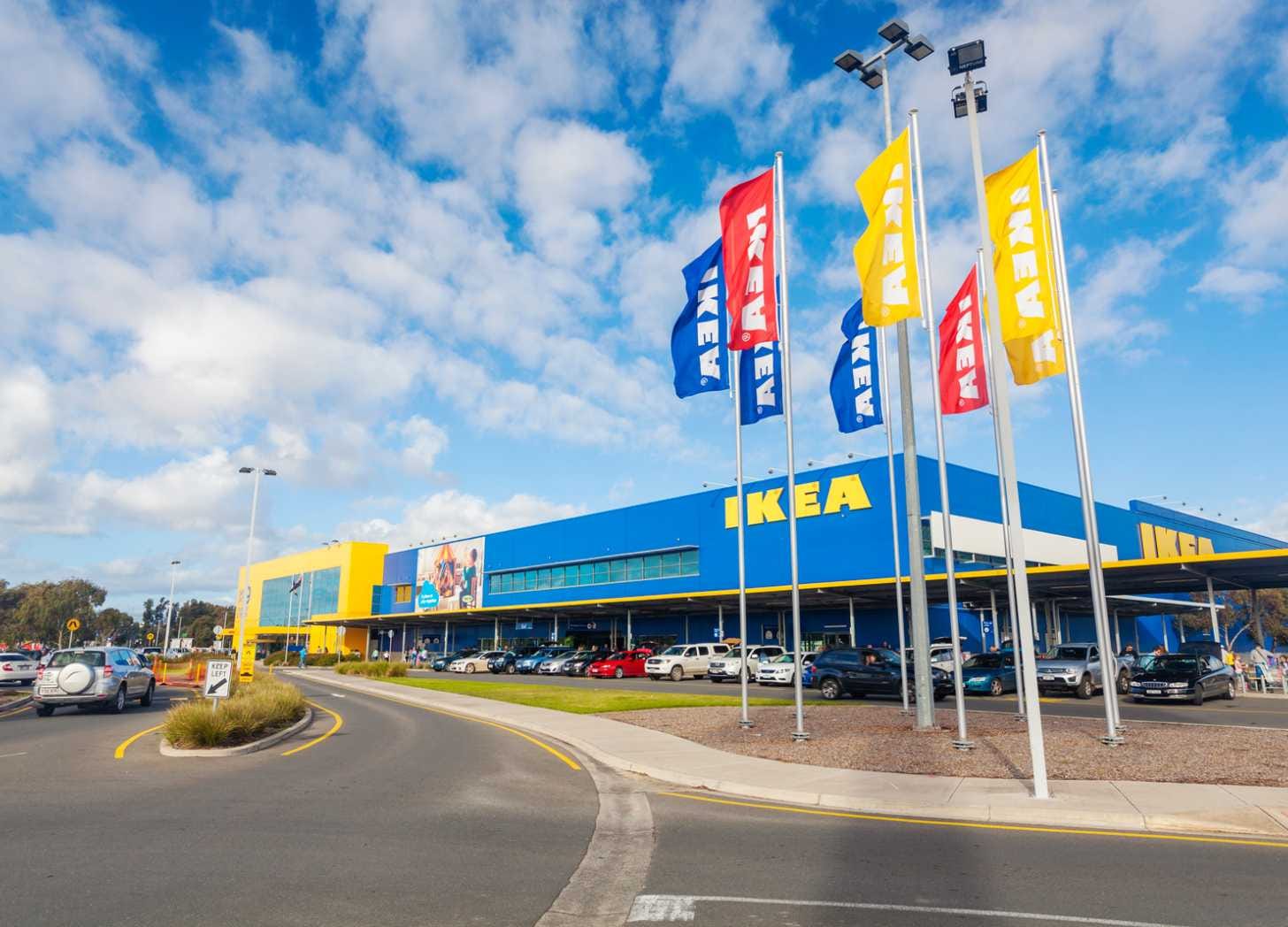💊 IKEA builds more than just furniture; CO2 levels go through the roof; Brazil continues to lose tree cover
#315 | Eat your broccoli; Air pollution hurts immune system quality; Wearing sunscreen still an anomaly
Hello and welcome to another Monday with us at The Kable. New week, new updates for you from across the life sciences.
In India, 25,000 primary healthcare facilities are set to go sustainable by 2026. With initial funding worth €48 million from the IKEA Foundation, the programme will be supported by SELCO Foundation to bring 100MW of solar energy and energy-efficient equipment to facilities across 12 states, improving working conditions for 160,000 healthcare workers and healthcare delivery for 170 million people. The most pressing question on our minds: will IKEA make health facilities assemble their equipment themselves?
$$$ continue to flow into biotech as California-based VC firm Canaan lands $650 million to bankroll new biotech and tech startups. The healthcare startup space is looking rich, with funds on track to raise over $26 billion this year.
Over in England, tens of thousands of doctors are striking next week. Again. This will only affect about 250,000 appointments. No biggie.
On the Covid origin story front, the back and forth between the WHO and China continues, with the China CDC asking the WHO to go back to a “scientific, fair” position in its Covid source sleuthing.
Meanwhile, in India, sales of anti-infective, respiratory and pain medications drove volume and value growth in the pharma market in FY ’23 as flu, Covid, and other viral infections spread far and wide in February and March.
In bird flu news, municipalities around York Region, Canada, are warning residents to take action after hundreds of birds were found infected with bird flu. Dogs are to be kept on their leash, all cats kept indoors, and bird baths removed. Brazil is banning fairs and expos with birds to reduce bird flu risk. In the US, 2 cats have tested positive for H5N1 bird flu in Nebraska, and one cat in Wyoming. A porpoise in Chile where the number of dead sea mammals continues to rise; 1,960 sea lions, 769 penguins, 10 chungungos have been found stranded so far.
In other disease outbreaks, a mystery disease outbreak at a gold panning site in Mali has already claimed 17 lives, with the infected dying after 24 hours. In Malawi, five people have been isolated over suspected Marburg infections. South Korea reported its first locally transmitted case of mpox, with a total of five cases reported in the country.
And finally, in news that slipped under most radars, atmospheric CO2 just hit the highest-ever level in recorded history at the Mauna Loa observatory. The new record is at 423.01 ppm, up from 419.17 ppm one year ago.
Keep reading with a 7-day free trial
Subscribe to The Kable to keep reading this post and get 7 days of free access to the full post archives.




